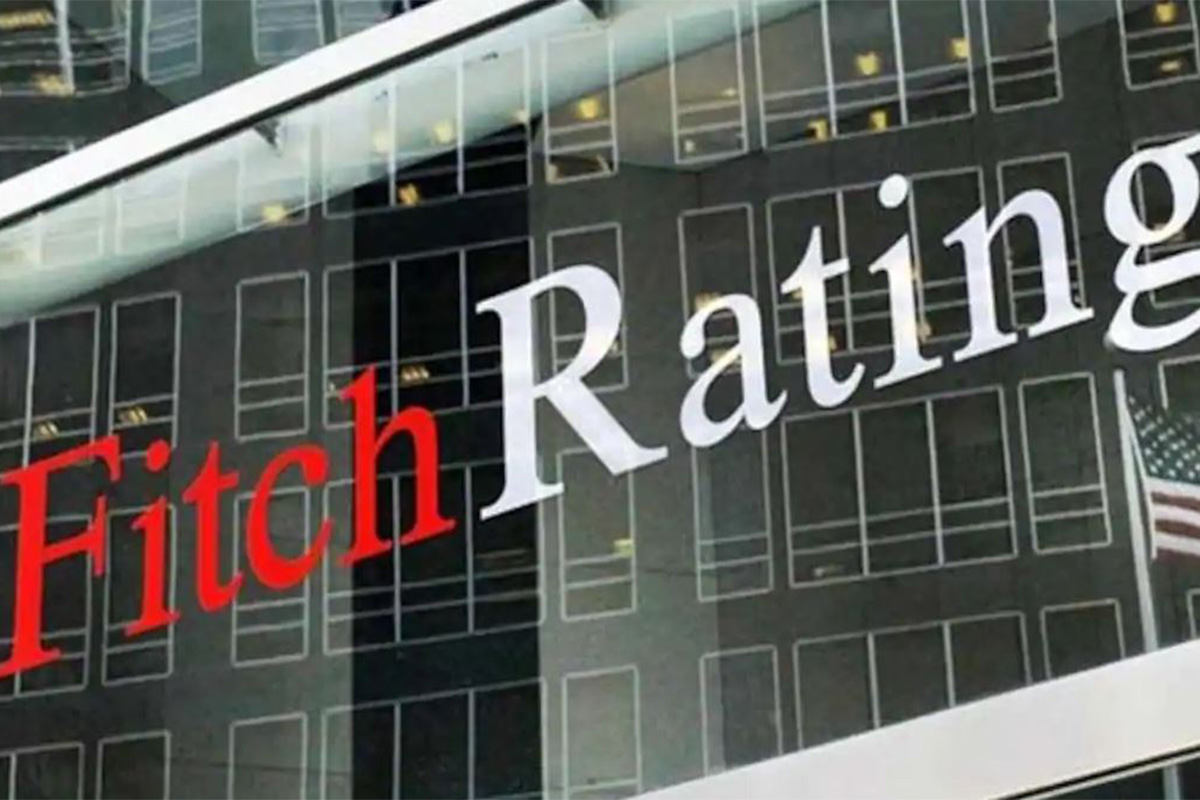Fitch Ratings increases India’s growth forecast for current fiscal to 7.2% from 7%
For the fiscal years 2025-26 and 2026-27, Fitch projected growth rates of 6.5 per cent and 6.2 per cent, respectively.
In terms of growth projections, Fitch expects economic activity to grow by 12.8 per cent in the fiscal year ending March 2022 (FY22).

(Photo: Getty)
Fitch Ratings on Thursday affirmed India’s sovereign rating at ‘BBB-‘ with a negative outlook.
The affirmation of the negative outlook on India’s Long-Term IDRs reflects concerns over high public debt levels and increasing risk to growth from the recent surge in coronavirus cases.
Advertisement
“India’s rating balances a still strong medium-term growth outlook and external resilience from solid foreign-reserve buffers, against high public debt, a weak financial sector and some lagging structural factors,” Fitch Ratings said.
Advertisement
“The ‘Negative Outlook’ reflects lingering uncertainty around the debt trajectory following the sharp deterioration in India’s public finance metrics due to the pandemic shock from a previous position of limited fiscal headroom.”
According to the rating agency, wider fiscal deficits, and government plans for only a gradual narrowing of the deficit, put greater onus on India’s ability to return to high levels of GDP growth over the medium term to stabilise and bring down the debt ratio.
In terms of growth projections, Fitch expects economic activity to grow by 12.8 per cent in the fiscal year ending March 2022 (FY22).
“We forecast a 12.8 per cent recovery in GDP in the fiscal year ending March 2022 (FY22), moderating to 5.8 per cent in FY23, from an estimated contraction of 7.5 per cent in FY21.”
“However, a recent surge in coronavirus cases poses increasing downside risks to the FY22 outlook. This second wave of virus cases may delay the recovery, but it is unlikely in Fitch’s view to derail it.”
In particular, the agency said that a strong rebound in 2HFY21 and ongoing policy support underpin expectations for recovery.
“We expect pandemic-related restrictions to remain localised and less stringent than the national lockdown imposed in 2Q20, and the vaccine rollout has been stepped up.”
Advertisement